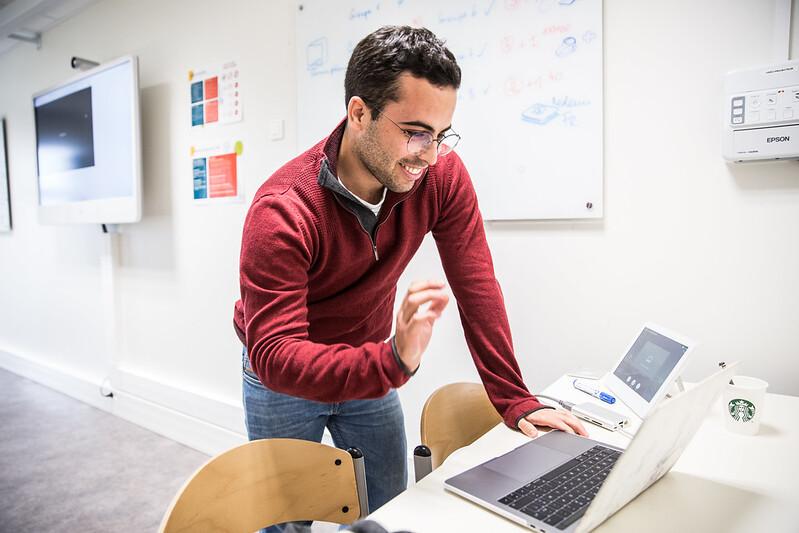- Home
- Catalog
Catalog
ECONOMY
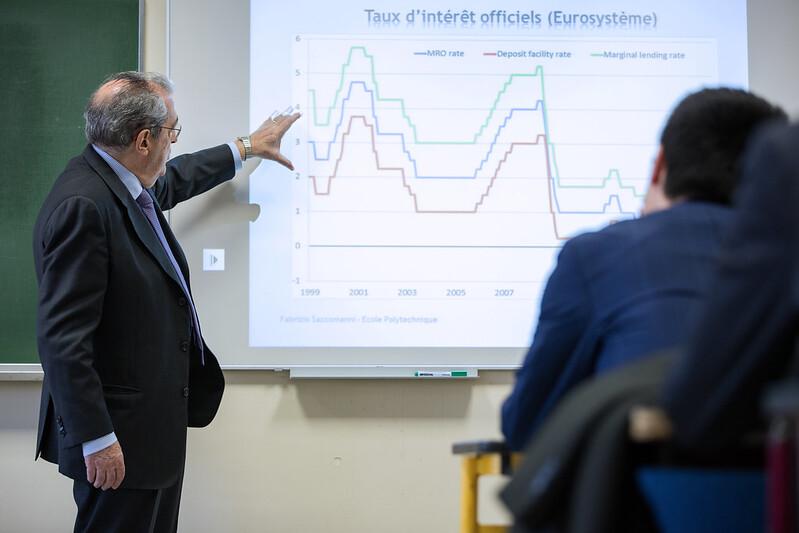
Training in Economic Sciences must meet the multiple expectations of a population of students with heterogeneous professional projects. Many students, destined for positions of responsibility as engineers in the industrial world, need, on the one hand, a solid introduction to the general principles and methods of analysis of the discipline and, on the other hand, the opportunity to benefit from more applied teaching, focused on the world of business and its environment.
COMPUTER SCIENCE
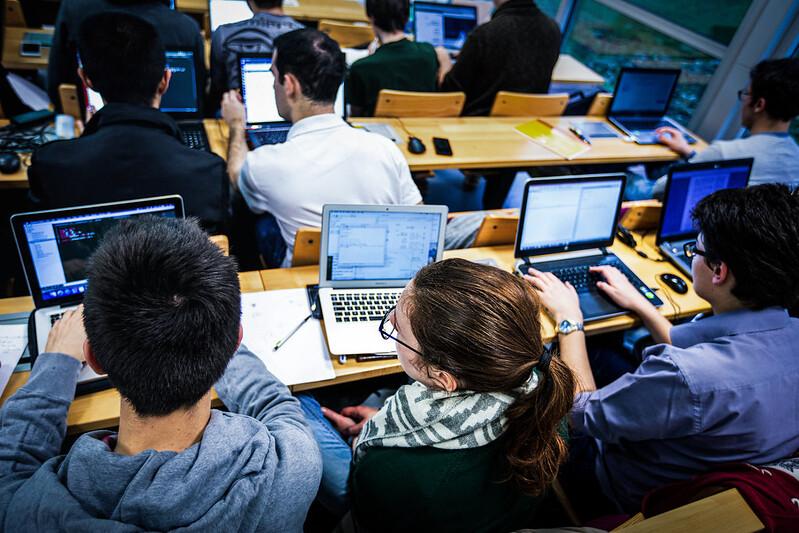
All branches of computing share a number of concepts: those of algorithms, programs and machines. The main goal of our teaching is to offer a solid foundation in computer science to all, and also to give the desire and opportunity to specialize in this field up to a training through research. The courses offered cover both fundamental and essential aspects as well as in-depth courses at the borders of the field.
Innovation Management and Entrepreneurship

Building committed teams around projects is key in our student’s future jobs. The courses introduce the fundamentals in organisation theory, strategy, corporate finance, sustainable development, innovation management and entrepreneurial processes.
MATHEMATICS
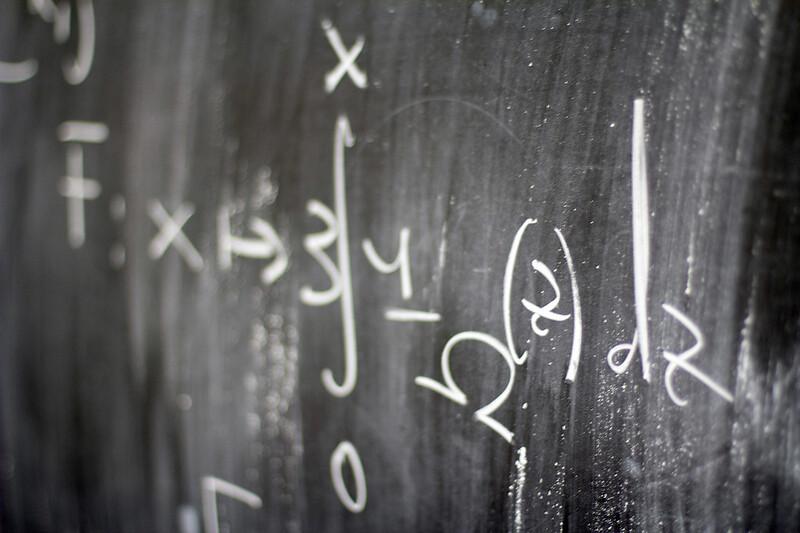
Mathematics has strong and diverse relationships with other disciplines and plays an increasing role in the development of science and technology. The courses offered by the mathematics department are very diversified. Their purpose is to allow everyone, according to their tastes or career plan, to choose the mathematical topics they wish to address, and the degree of depth with which they will be treated.
APPLIED MATHEMATICS
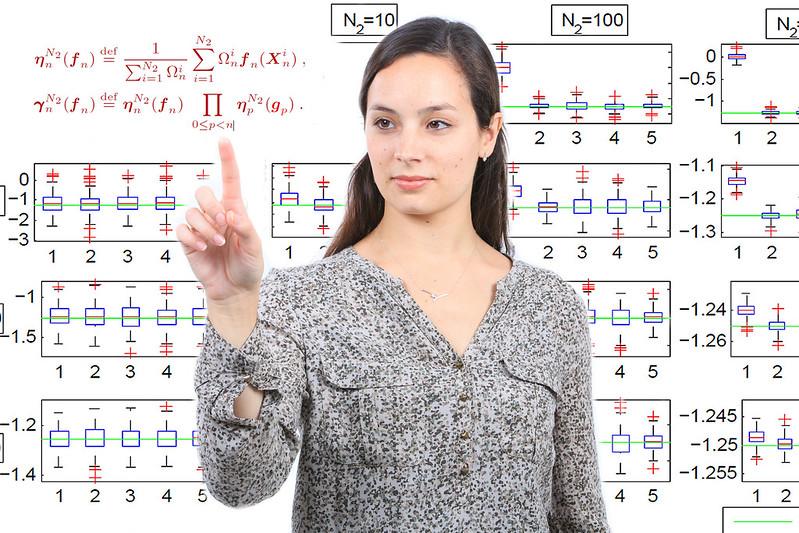
Describing complex scientific objects or problems and being able to think of coherent solutions requires a language, and this language is provided by mathematics. These applied mathematics courses provide modelling, mathematical analysis and numerical simulation tools found in all sciences and in industry.
MECHANICS

The objective of these courses is to learn concepts and methods for understanding and describing the physical phenomena that govern the macroscopic mechanical behaviour of systems in engineering and natural sciences. It is also learning how to implement them in the control or design of these systems.
PHYSICS

These courses are an introduction to the major theories and methods that form the basis of modern physics: quantum mechanics, statistical physics, restricted relativity, variational principles, as well as the simplest fields of application of these theories. They also include introductory experimental teaching in a wide variety of fields such as physics, materials science or electronics.
